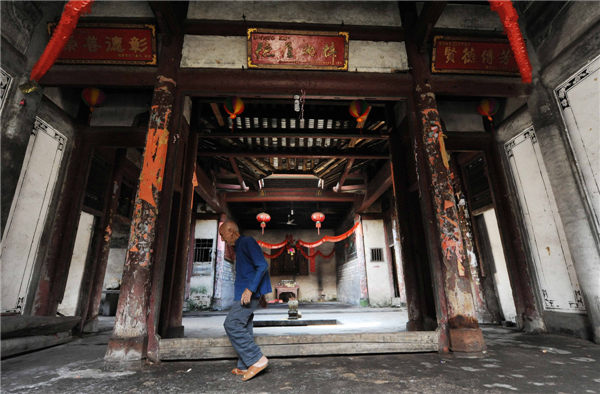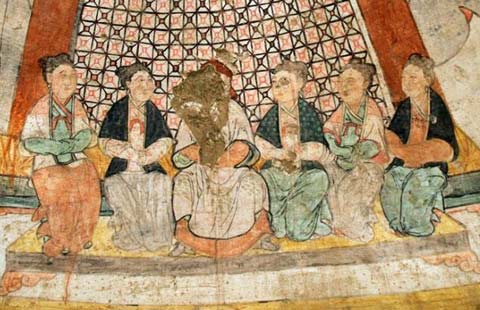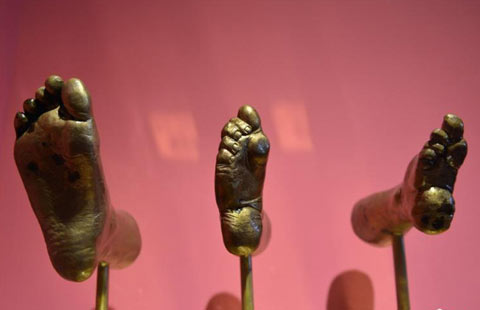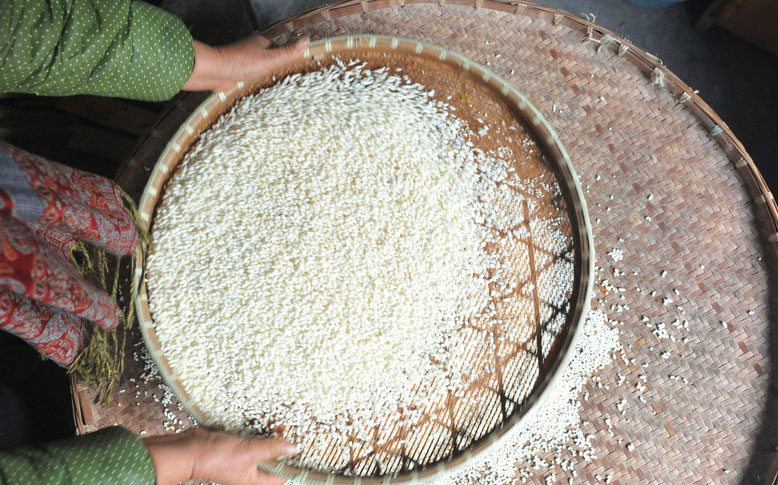Digging up the family roots
By Zhao Xu ( China Daily ) Updated: 2015-01-22 07:35:10
 |
|
[Photo/Xinhua] |
Fulfilling a promise
In mid-2014, Colleen Yap, a third-generation Chinese-Singaporean, visited her ancestral home, a village of 5,000 residents in Fujian. Every resident had the surname Yap, and they all spoke the dialect she had grown up listening to.
"At my home in Singapore, we have a long wooden pole that my grandmother took with her when she left the mainland, where she used it to carry water from place to place. They talked about going back, although none of them had the chance to do so before they died," the 25-year-old said. "For me, the trip has fulfilled a promise between me and Dad - whose older sister got severely sick and passed away on the ship during the fateful journey 70 years ago - who made me learn ancient Chinese poems when I was small."
That feeling was shared by Liew Chee Wei, the grandson of Chinese immigrants to Malaysia, when he traveled to his ancestral home in Fujian last year. "Standing in the dilapidated room that my grandpa once slept in made me realize the courage and determination with which he had changed his own fate, and mine," the 37-year-old said. "For once, I saw the 'remark ability' of those seemingly unremarkable lives."
According to Hai Miao, who accompanied Fong during his trip to China, most of the visitors are emotionally overwhelmed, but some embrace their homecoming in a philosophical way.
"While walking on a country road, looking for the original site of the tomb of Mr. Fong's maternal great-grandfather, we passed by three old men, all in their 80s, and stopped to ask directions," he recalled. "It turned out that one of them was responsible for destroying the tomb in the 60s. He offered to help us.
"There, on the same patch of land stood a two-story brick house. I took a picture of them - Fong and the old man - in front of the house. No bitter feelings, no sense of regret. The man did what he did on the orders of the village head, probably to make room for more farmland," Hai said.
|
|
|
|
|
|
|
|






















 Raymond Zhou:
Raymond Zhou: Pauline D Loh:
Pauline D Loh: Hot Pot
Hot Pot Eco China
Eco China China Dream
China Dream China Face
China Face





